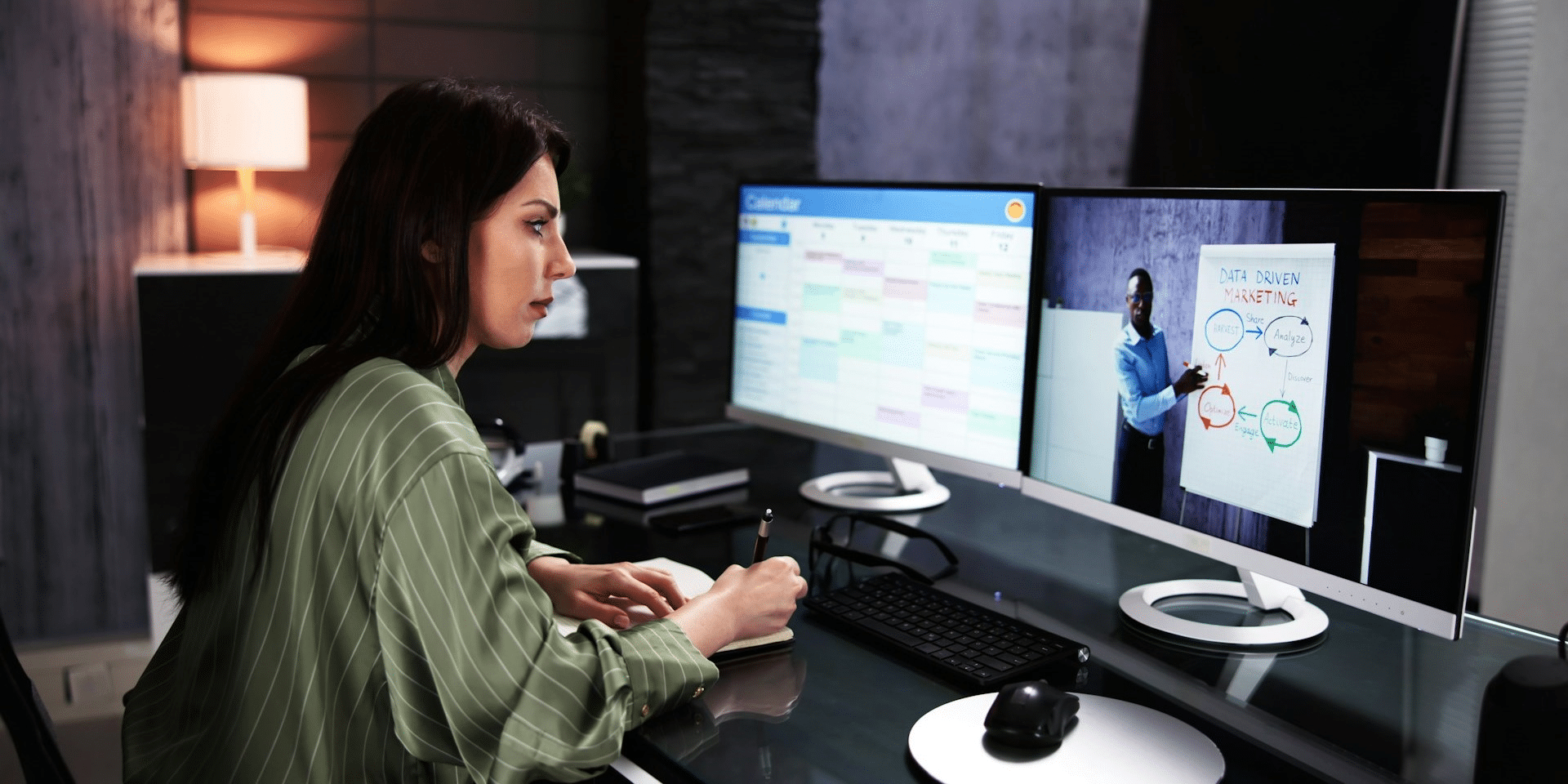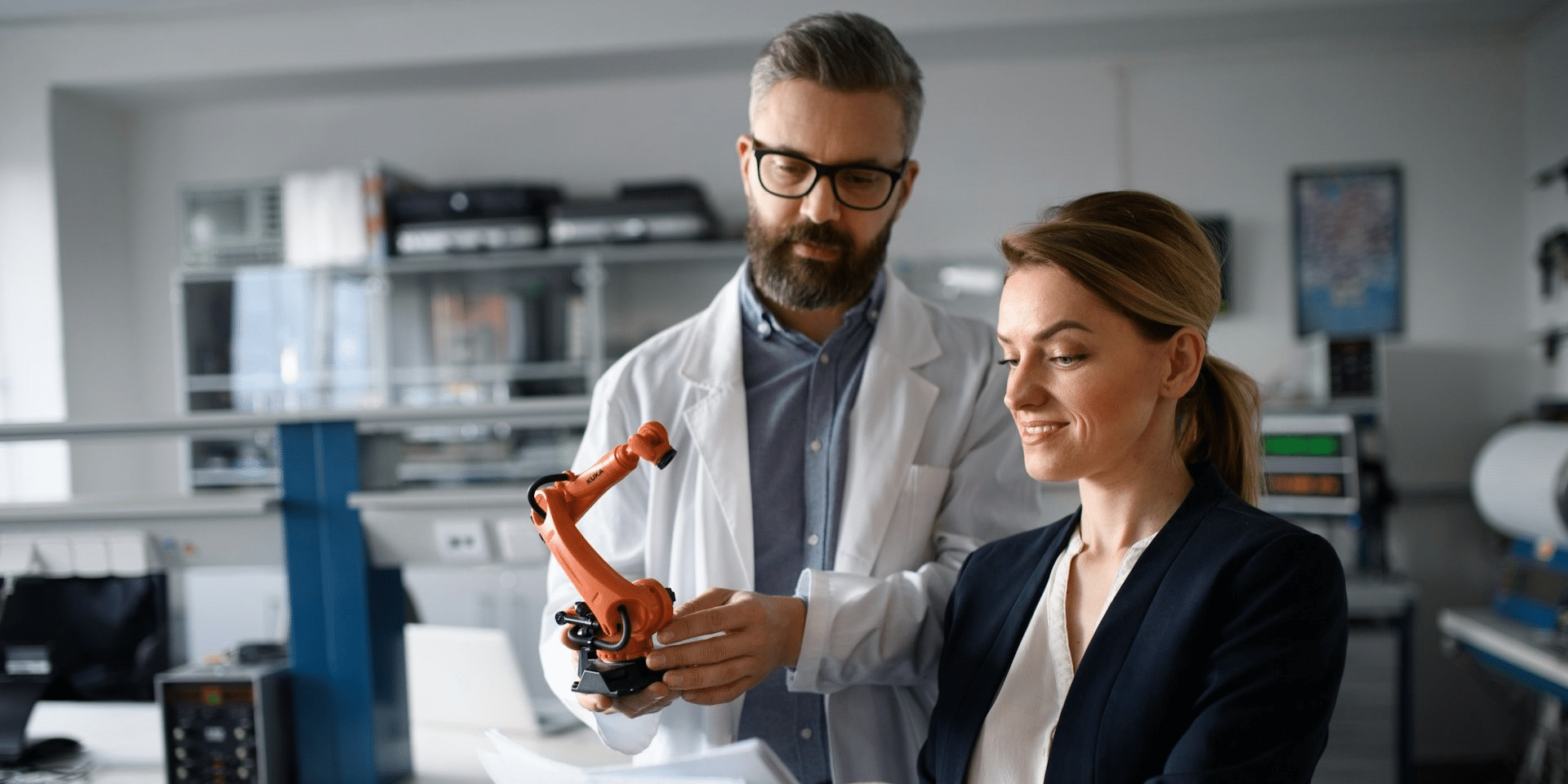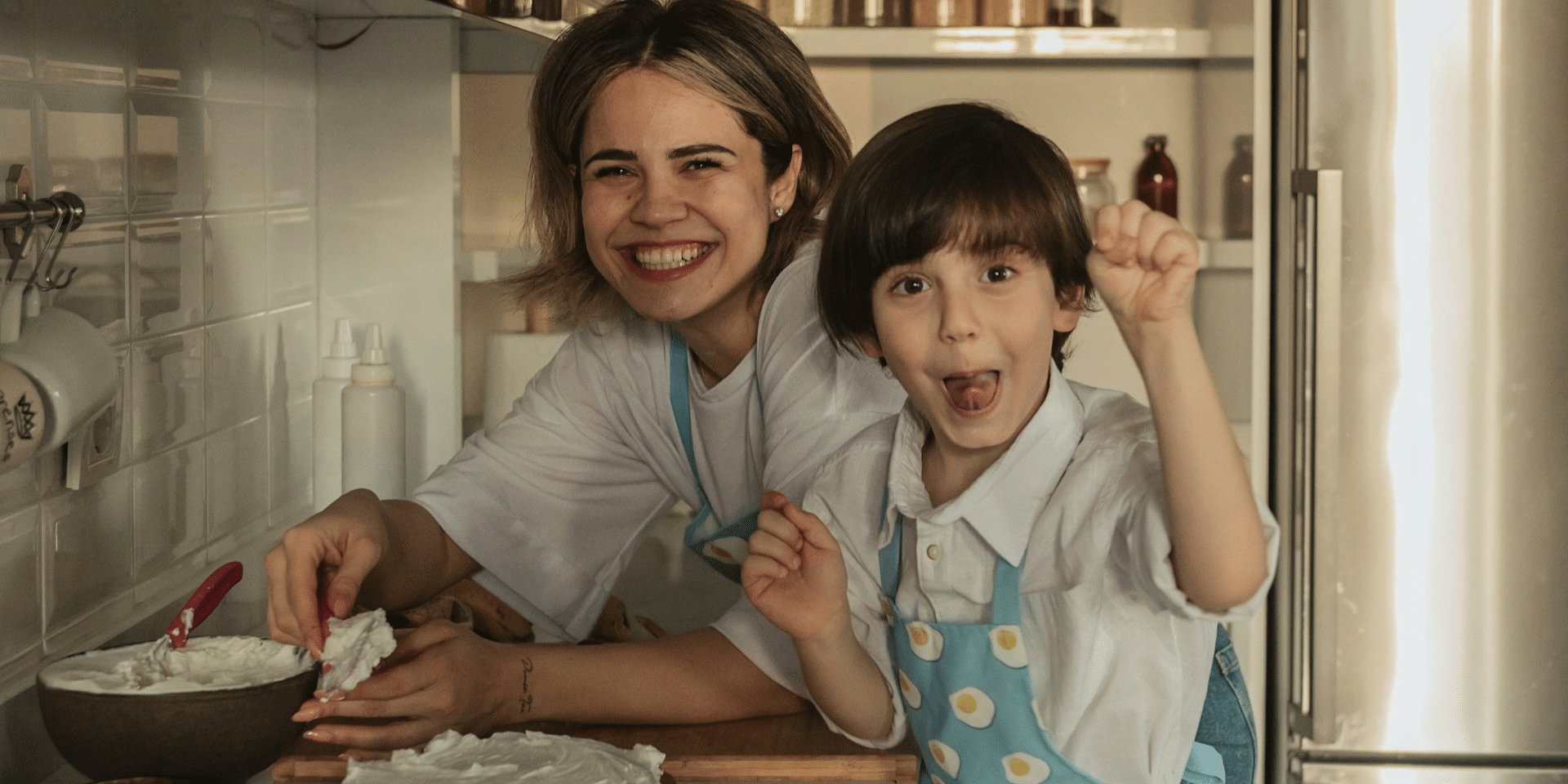Pratiksha Gandhi, MD is a global healthcare leader, world-renowned preventive cardiologist, author, speaker, and researcher with a mission to eradicate cardiovascular disease by preventing heart attacks and reversing heart disease using non-invasive, cost-effective treatments. Currently headquartered in Los Angeles. She is India’s first woman preventive cardiologist and founder of IPC (Institute of Preventive Cardiology), founded in 1999, in Mumbai. She pioneered the concept of preventive and non-invasive cardiology for which her work was applauded by late President Dr Kalam. IPC Heartcare has done pioneering work in the preventive and non-invasive cardiac care. Under her leadership, IPC have treated over 100,000 cases inclusive of international patients, with a 95% success rate.
What is preventive cardiology, and why did you choose it?
70% of people get heart attacks as a first symptom, and half of them do not survive. I observed a lack of initiative in preventing heart disease as cardiac surgery is heavily glamorized. As an allopathic MD doctor in preventative medicine along with being a naturopath and certified yoga teacher, I gravitated to helping people with holistic solutions on preventing and treating heart ailments.
What kind of roadblocks did you face in your career, and how did you overcome them?
First and foremost, you are always looked down upon in the medical fraternity as no one takes prevention seriously, and there is hardly any money in it. In 1997, I had a tough time in India because ethical medical practitioners face immense corruption. No one would want to refer if the doctor does not give kickbacks. I started doing lectures in the community, corporates, and writing media articles. The opposition grew from the medical fraternity as I was helping people without bypass surgeries. I was even given death threats to stop my work. Not to mention the gender discrimination and harassment of being a female in male-dominated society. However, I have always believed in God, and fear never consumed me. My role model, like Mahatma Gandhi, was to stand for truth. I was determined to give successful results to my patients despite all odds. I started seeking support from wise leaders. Fortunately in 2005, the late President of India Dr. Kalam, who was a nuclear scientist, applauded my work for helping people without surgeries through EECP therapy, and it came in as a huge blessing. My original pioneering work in preventive cardiology was recognized at a national level with the Best Woman Entrepreneur award. Today thousands of doctors and clinics have opened with the concept started by me to help people in preventive heartcare. I am very grateful to the people of India who believed in me and trusted with their precious lives for non-invasive treatment. I wouldn’t have been able to write my book Living without heart surgery: A compilation of successful case studies who chose our non surgical treatment options and survived more than 10-20 years.
Why did you decide to be in the USA, and how has been your journey so far?
I am blessed to be born in India as it has great culture and spiritual roots. However when I was expanding the centers, I was trained in the USA for EECP (enhanced external counter pulsation therapy). EECP therapy is USFDA approved, which is reserved for patients after bypass surgery or angioplasty fails. In India I faced a different practical issue where many people were mentally not prepared for surgeries or could not afford it. I was the first one to use EECP therapy as primary therapy in 2002 with amazing results.
In the research study I published, the follow-up data of patients showed 95% survival rate, which was comparable to surgery. It was a eureka moment for me as I envisioned millions of people taking this procedure rather than opting to face the complications of surgery.
To advance my work at a global level, I decided to be in the USA. I encountered a new set of ground realities. The regulations here are all in favor of surgical procedures. In India many don’t have adequate insurance, so patients are empowered to make choices. The trend here is, patients will do only what their insurance covers. EECP has very few indications in the US for reimbursement, which makes it restrictive to practice for most cardiologists. What was easy for doctors to adopt in India is challenging in the US. However, I am certain the healthcare model is a sick care model and change is inevitable. There will be a bright morning only if more patients in the US become active and take charge of their health decisions. We are playing our role here and have created a lot of free resources on www.gffpc.org to empower and educate people on heart health.
How do you envision non-invasive heartcare in every home?
The COVID pandemic has changed many things in healthcare. With growing acceptance of telemedicine, wearables, and remote monitoring of patients, we started online heartcare programs and successfully helped patients in improving their heart health from the comforts of their home. There are many factors which cause heart disease and are not even diagnosed when you get standard care. We are in the process of building a medical device which can increase blood supply to the heart using artificial intelligence and remote monitoring, which will be very beneficial for heart health. As it is, open heart surgeries are on decline. In the coming years, there are going to be plenty of heart patients and a dwindling number of cardiac surgeons as per the current trends of data known to us. To manage this global heart disease, pandemic prevention is the only way. WHO’s slogan was “place people’s health in their own hands.” This prophecy has come true. With mobile applications, heartcare in every home is not a distant dream. It’s a real time emerging future of medicine where heart surgery could merely be an option rather than a mandate.










